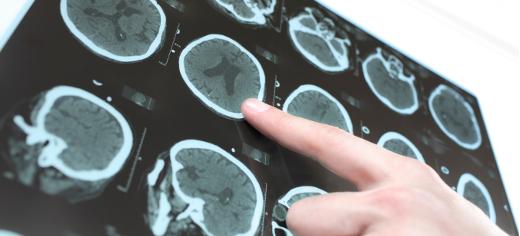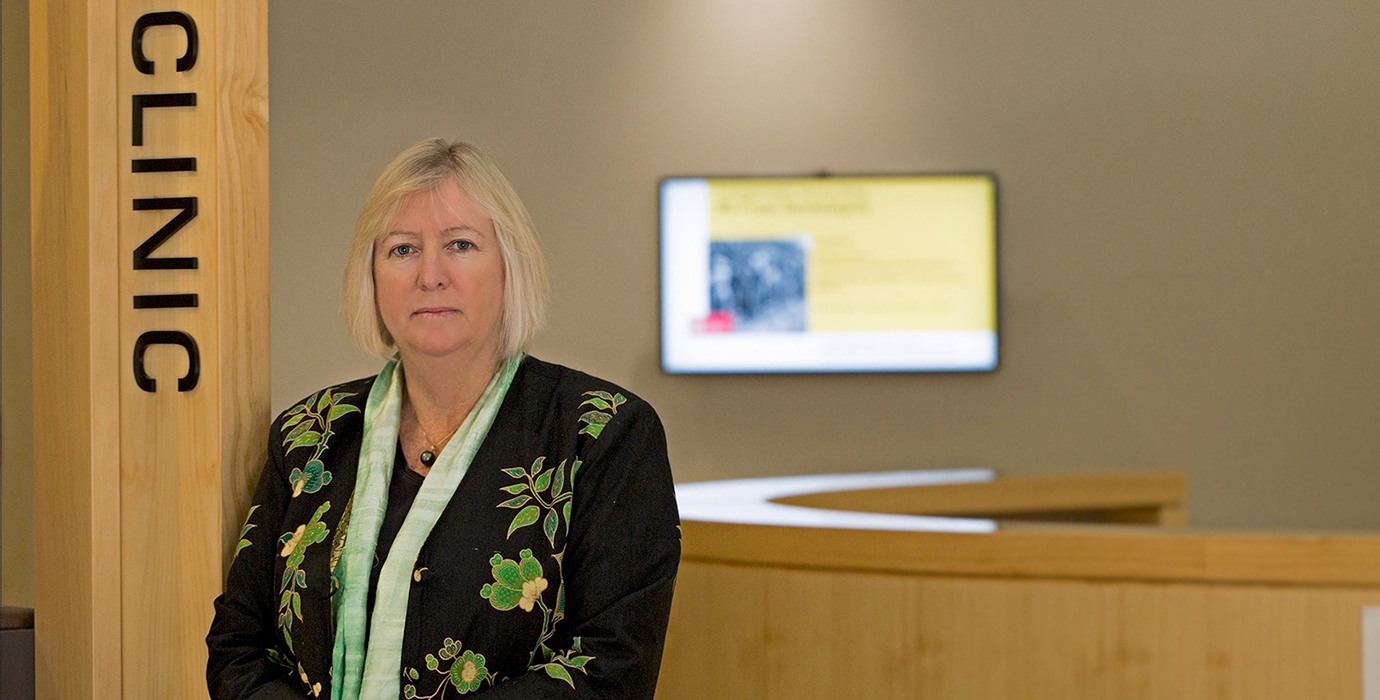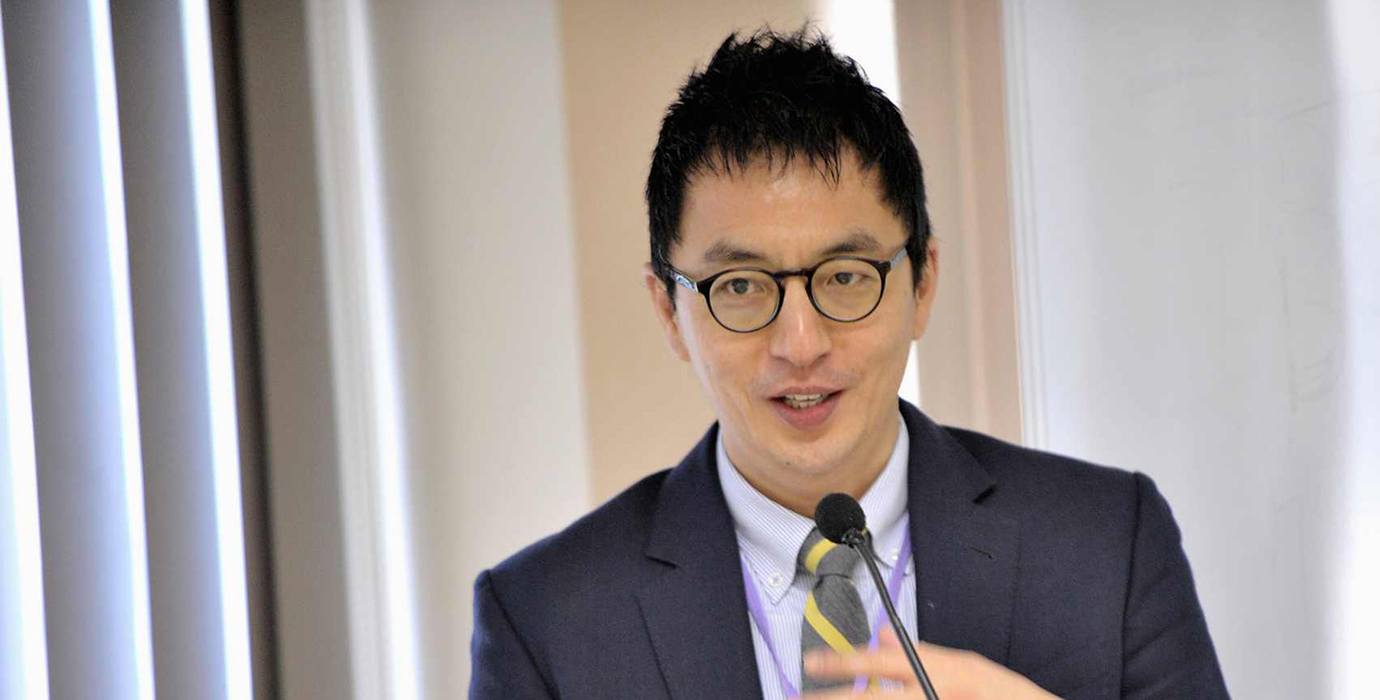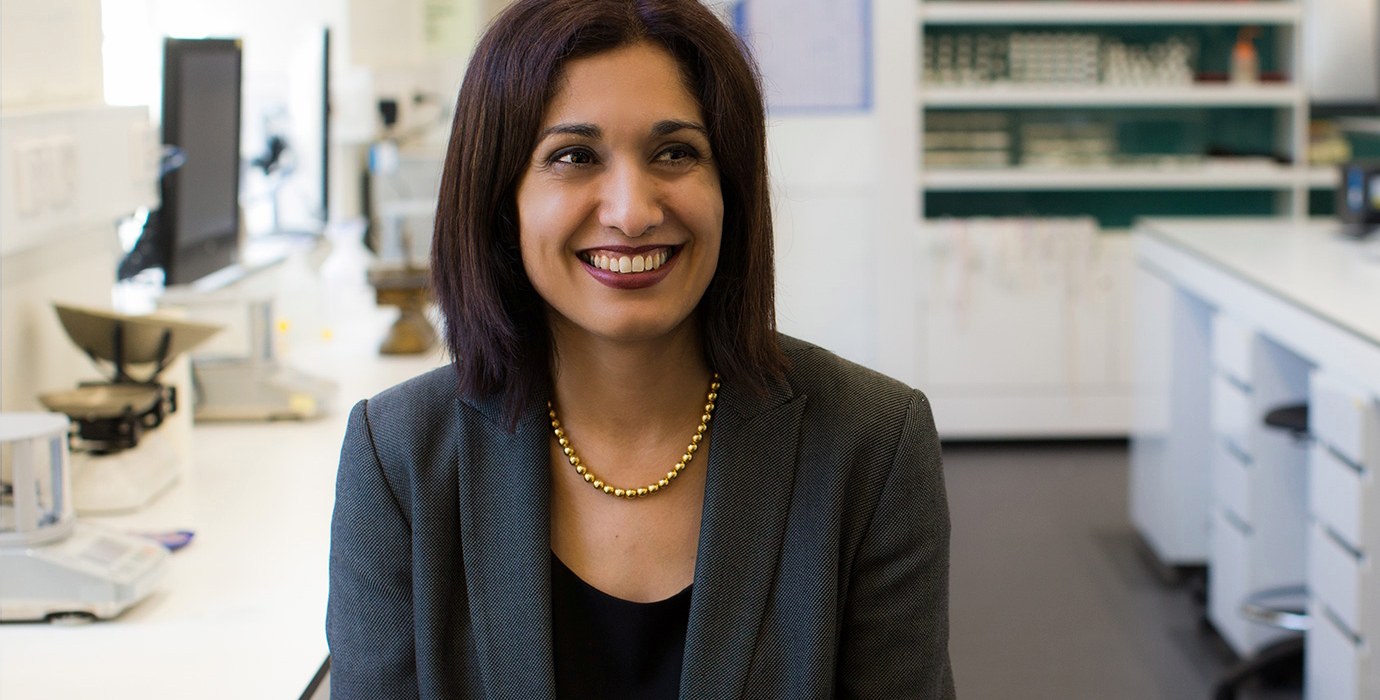
Stroke damage mechanism identified
Researchers have discovered a mechanism linked to the brain damage often suffered by stroke victims—and are now searching for drugs to block it.

Ancient marine algae provides clues of climate change impact on today’s microscopic ocean organisms
A study of ancient marine algae, led by the University of Southampton, has found that climate change affected their growth and skeleton structure, which has potential significance for today’s equivalent microscopic organisms that play an important role in the world’s oceans.

Building better health systems
Caring for the growing number of patients with non-communicable disease is a challenge faced by policy-makers and healthcare providers across the world. To tackle the issue, a team of WUN experts in healthcare system planning have come together to share their unique insights from across Canada, the UK and Australia.

Quantum leap as Southampton joins £120 million network to develop future quantum technology
The University of Southampton is part of a new £120 million national network of Quantum Technology Hubs, that will put its cutting-edge research in quantum sensors at the forefront of future technologies to drive the UK’s economy.

Autism: resources and challenges
Autism Spectrum Conditions (ASCs) are one of the most important emerging health concerns. Approximately one in every 100 children is diagnosed with an ASC, which includes autism, Asperger syndrome and atypical autism.

Boao Forum Workshop: Australian Leaders to Discuss Innovation in Higher Education
Senior leaders from Australian universities will come together to discuss innovation in higher education at a workshop held in early December at Australian Technology Park in Sydney.

Making the most of medicine
While most medical research focuses on the quest for new treatments, much less attention is paid to how we can make better use of medicines that already exist. Yet up to half of patients don’t take long-term medicines as prescribed, which can result in serious harm or even death.